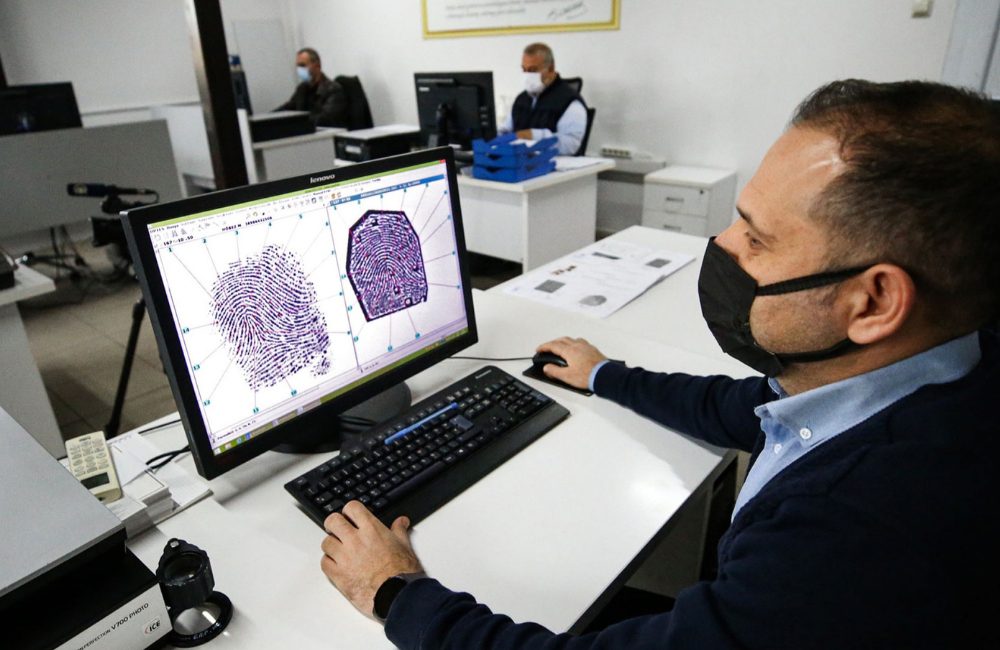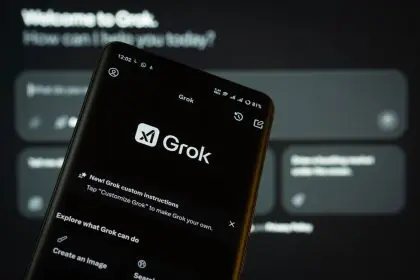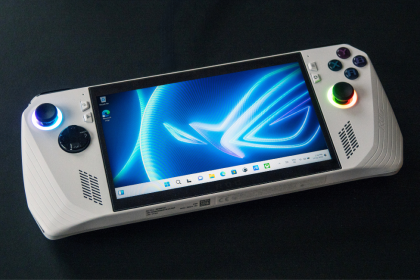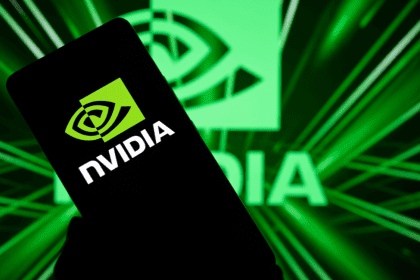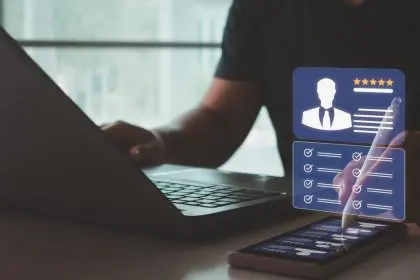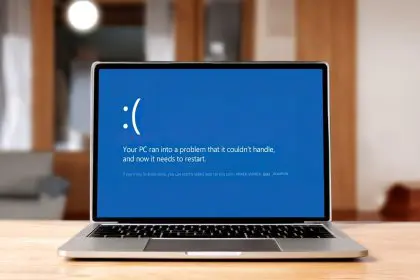Fingerprint analysis by artificial intelligence could solve cold cases and overturn wrongful convictions.
A new development that can identify whether prints from different fingers came from the same person has been made thanks to research from Columbia University, where a team trained an AI tool to examine 60,000 fingerprints to see if it could work out which ones belonged to the same individual.
Researchers claim the technology can identify with 75 to 90 per cent accuracy, whether prints from different fingers came from one person – but admit they are not certain how it works.
“We don’t know for sure how the AI does it.” Professor Hod Lipson, a roboticist at Columbia University who supervised the study, told the BBC.
The researchers think the AI tool was analyzing the fingerprints in a different way to traditional methods by focusing on the orientation of the ridges in the center of a finger rather than the way in which the individual ridges end and fork which is known as minutiae.
“It is clear that it isn’t using traditional markers that forensics have been using for decades. It seems like it is using something like the curvature and the angle of the swirls in the center.” Prof Lipson added.
“We don’t actually know that fingerprints are unique. All we can say is that as far as we are aware, no two people have yet to demonstrate the same fingerprints.” Graham Williams, professor of forensic science at Hull University, said the idea of unique fingerprints had never been set in stone, added.
If an unidentified thumb print is found at crime scene A, and an unidentified index finger print at crime scene B, the two could not currently be forensically connected to the same person – but the AI tool could be able to identify this.
Some say it could lead to the solving of many cold cases, but Dr Sarah Fieldhouse, associate professor of forensic science at Staffordshire University, said she did not think the study would have “significant impact” on criminal casework at this stage.
She said there were questions around whether the markers the AI tool was focusing on remained the same depending on how the skin twisted as it came into contact with the print surface, and also whether they remained the same over the course of a lifetime, like traditional markers.

